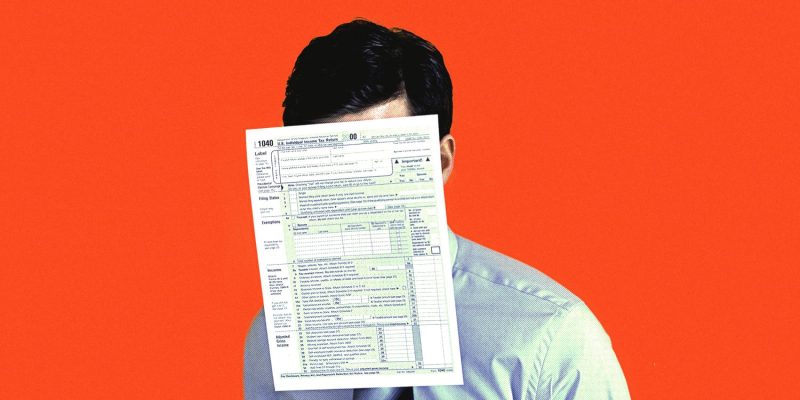The most recent reports about the tax policy changes in many countries might not sound too pleasant for taxpayers, particularly those expecting a considerable refund this year. The reason for this lies largely with the rising costs associated with filing taxes, which have the potential to erode a significant portion of your tax refund. However, understanding the dynamics of how this happens and planning in advance could help you, as a taxpayer, to optimize your tax filing process in a manner that minimally affects your refund.
The tax filing process is one that’s inherently associated with certain costs. To start off, you might have to pay your accountant or the tax prep company that helps you with your tax return. These charges are often not too significant but with the recent tax policy changes, they have sharply risen. The increase in costs can be attributed to the complexities introduced by the new tax policy, which require tax professionals to dedicate more time and resources to decipher, hence the surge in service fees.
Secondly, there are tax software providers, which have undoubtedly made the tax filing process more comfortable. However, these services are often charged, and the expenses have been on an upward trend. The justifications for the price increase quoted by software providers include the implementation of new updates to accommodate the new tax law changes, as well as an increase in user support services due to the complications brought about by these tax laws.
In the light of these developments, what does this mean for you as a taxpayer? Well, if you do not plan accordingly, you might be in for a surprise as these costs could take a significant bite out of your tax refund. You were probably anticipating using this refund on other important things like paying down debt, investing, or even funding a much-needed vacation.
Nevertheless, it’s not entirely all doom and gloom. You can still adjust your sails to embrace these changes and not have your refund significantly affected. First off, you can start by educating yourself on the new tax laws and updates. This way, you can handle some of the simpler aspects of your tax filing and reduce the amount of work left for your paid professionals, which in turn might bring down their charges.
In addition, explore the different tax software available in the market and compare their prices. By shopping around, you may be able to find one that’s cheaper and offers the same value as the more popular ones. You might also want to choose software that offers coupons or discounts, especially for early birds. Further, consider trading the bells and whistles for the basics. Opt for a basic edition of the tax software that meets your needs, instead of springing for a premium edition with features that you don’t necessarily need.
Lastly, consider having your taxes done by a non-profit organization. Some organizations offer free or affordable tax services that might significantly reduce your tax filing costs, especially for those with lower incomes.
In conclusion, while higher tax filing costs could potentially reduce your tax refund, taking the time to understand these changes and making the necessary adjustments can save you from largely feeling the pinch. It’s no doubt a significant paradigm shift, but a well-informed taxpayer can still navigate this season without losing a good chunk of their refund.
